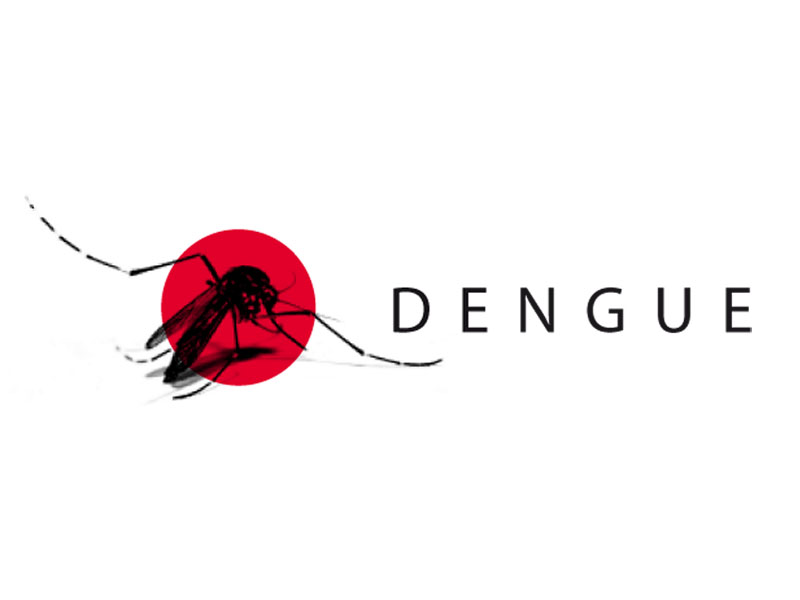
“If drastic steps are not taken, the dengue virus will spread like wildfire in many districts of Khyber-Pakhtunkwa in the coming winter,” said an official of the Peshawar district health office.
K-P has been the worst-hit province. With 6,099 confirmed dengue cases and 289 people admitted in hospitals, the province lacks trained doctors, paramedics and equipment to deal with the epidemic.
At least 18 people have succumbed to dengue this year across K-P, according to official figures. But unofficial estimates put the figure at a staggering 32 – with all these deaths in Swat.
And the virus continues to spread as well, as it has affected populations in adjacent Lower Dir, Malakand and Mardan districts.
In Swat last week, three patients with serious complications were referred to the Lady Reading Hospital because doctors there did not have the required trained staff to treat them in the High Dependency Unit (HDU) set up in Saidu Teaching Hospital. The unit, set up by the government, lacks trained doctors, paramedics, nurses and equipment.

“There is a serious lack of monitors, beds and ventilators,” a health official told The Express Tribune on the condition of anonymity.
K-P had to take help from the Punjab government which provided them with two hormonology analysers to diagnose the disease.
Meanwhile, Dr Wasal Khan, in charge of the hospital’s dengue unit, said that around 1,200 patients visit the outpatient department daily to give a blood test to check the virus.
However, a high-level official in the provincial health secretariat denied that there is a shortage of any staff and equipment to deal with the surge in dengue cases as they have declared an emergency in all hospitals and are mobilising all resources successfully.
The K-P government is also running a dengue awareness door-to-door programme in which apart from the distribution of pamphlets, they are sending lady health workers and health officials to each house to educate people.
All over the land
Sindh, too, has seen a jarring increase in reported dengue cases, which had climbed to 1,433 by Friday last, despite measures taken by the Sindh Health Department and Karachi Metropolitan Corporation (KMC).
According to the provincial Dengue Surveillance Cell, the Sindh government will take stern action against private hospitals who are not sharing compete data of dengue patients with the cell.
“The statistics shared by private hospital are not sufficient,” said Dr M Shakeel Aamir Mullick, the focal person of the cell. “We need to exact the area from where the patient hails, so the issues in that particular area can be taken up. The owners of private hospitals should be dealt with very strictly for not cooperating, it’s criminal negligence.”
The health department has written letters to about 40 private hospitals already.
Furthermore, Special Secretary Health Dr Syed Mansoor Abbas held a meeting with health and KMC officials to voice Sindh Health Minister Owais Muzaffar’s concern on prevention campaigning.
The Dengue Prevention Committee has been formulated to hold regular meetings on the issue, including proper monitoring and field based activities.
Additionally, Dr Abbas has asked officials to request Karachi University’s Vice Chancellor Dr Shahana Urooj to facilitate and train all concerned on larvicidal techniques, and has emphasized the use of other effective biological mosquito control agents, along with guppy fish and insecticides.
In Punjab, the situation seems to be under control, perhaps as a response to the 2011 epidemic. With a 352 death toll back then, the Punjab government launched various projects and made laws to control the breeding of dengue mosquitoes. Consequently, this year 194 cases have been reported in Punjab so far, and no patient has died of dengue this year.
Published in The Express Tribune, September 29th, 2013.

1732271743-0/diddy-(45)1732271743-0-165x106.webp)



1732270499-0/Express-Tribune-(7)1732270499-0-270x192.webp)
1732268955-0/BeFunk_§_]__-(33)1732268955-0.jpg)

1732263788-0/BeFunk_§_]__-(30)1732263788-0.jpg)
1732267954-0/Express-Tribune-(6)1732267954-0-270x192.webp)







COMMENTS (1)
Comments are moderated and generally will be posted if they are on-topic and not abusive.
For more information, please see our Comments FAQ